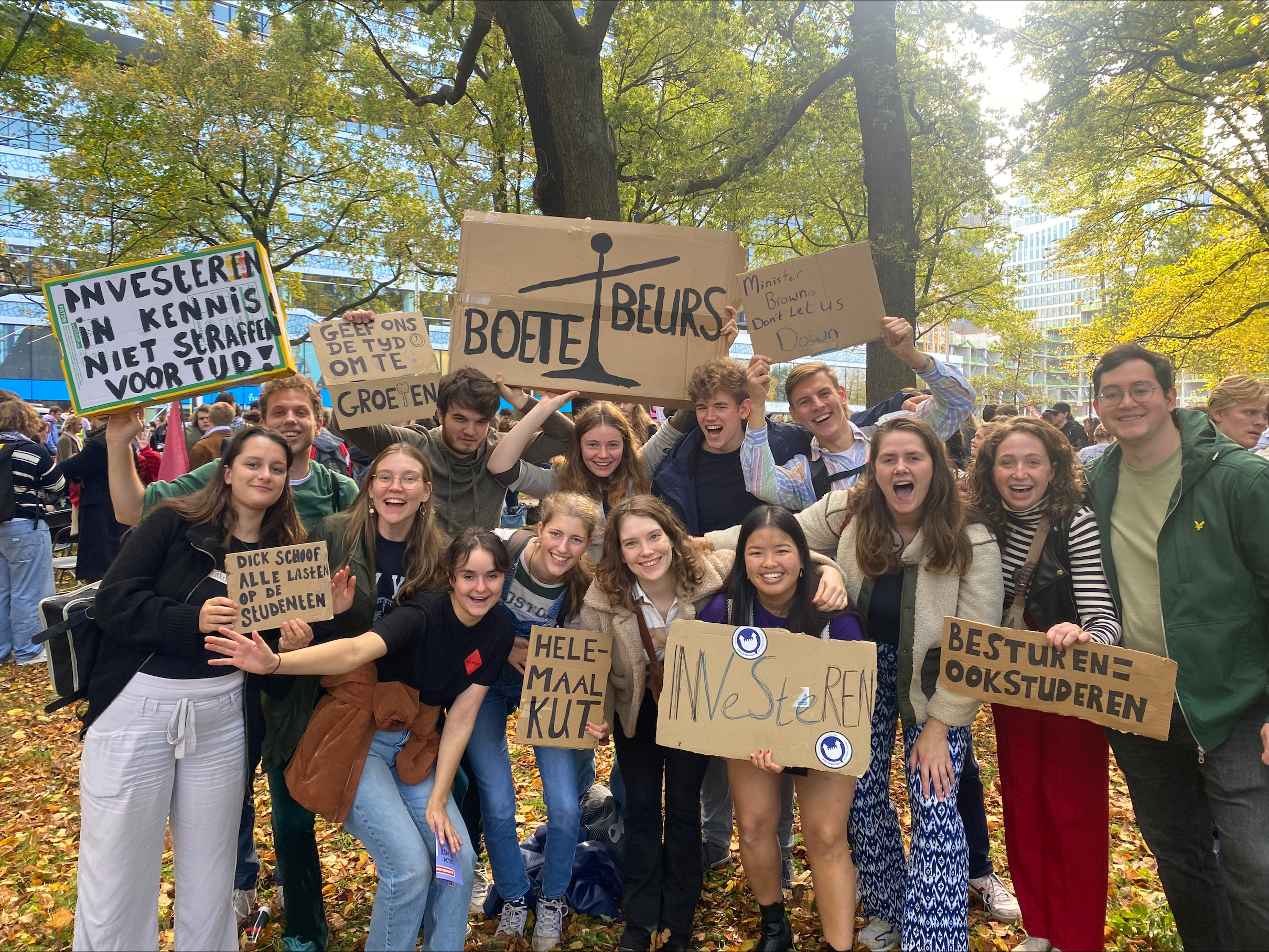The average ‘man/woman in the street’ is in favour of novel breeding methods to improve food production under conditions. Thus says consumer researcher Arnout Fischer. Together with colleague Abhishek Nair, he formed a citizens jury this summer that spent four half-days judging various new breeding techniques.
The members of the jury were provided with information from Wageningen plant breeders and a critical reflection on the technology by, among others, the Rathenau Institute. The speakers assessed whether the new techniques are needed to increase the yields, sustainability or nutritious value of plants or to make them climate-adaptable. During the four days, the members of the jury discussed with the speakers and each other. On the last day, the jury ruled. The jury reflected the population and was made up of both males and females with varying levels of education.
Conditions
The citizen’s jury was unanimously in favour of new breeding techniques, but ten out of the eleven members did state conditions. The new technology must yield crops that are at least as safe and nutritious as the standard variety. Moreover, the improved plants must serve a recognised social purpose, for example, resistance against pathogens, heat, salt and drought.
The new crops must also be universally accessible, with reasonable prices for farmers and consumers. The jury also felt that an independent organisation is needed to check whether the climate goals or social goals are met. If not, the government must intervene. ‘In short, quite a balanced opinion’, says Fischer, who facilitated the meetings.
Polarising
He acknowledges that parties that oppose gene technology, such as Greenpeace, were not invited to speak at the citizen’s jury meetings. ‘All pros and cons have been discussed based on factual information. We did not want to include polarising or emotional pleas from techno-optimists or protest groups, as this would thwart the discussion.’
Fischer noticed that ‘Average Joe’ generally has a moderately negative opinion on new technology. ‘The techno-optimists forget about two issues. Mistakes can occur during the breeding process, and criminals can also use this technology. Thus, safety and the application purpose are relevant, and people demand an ethics test.’ Nair and Fischer will soon organise a second citizen’s jury in England on the same subject, in collaboration with Lancaster University.
Cropbooster
The citizen’s jury is part of the EU-project Cropbooster-P, in which 17 European knowledge institutes work on an agenda to make crops future-proof. René Klein Lankhorst of WUR, who heads the project, wants to launch an extensive European programme to make crops more resistant against salt, heat, and drought and improve their sustainability and photosynthesis. This will ensure enhanced food production despite climate change and will also yield more plants for the bio-economy. This means plants must be taken back to the drawing board, and breeders need technologies such as CRISPR-Cas, says Klein Lankhorst.
You may also be interested in this story about an American study that managed to increase the yield of tobacco plants by improving their photosynthesis.

 Photo Shutterstock
Photo Shutterstock 

